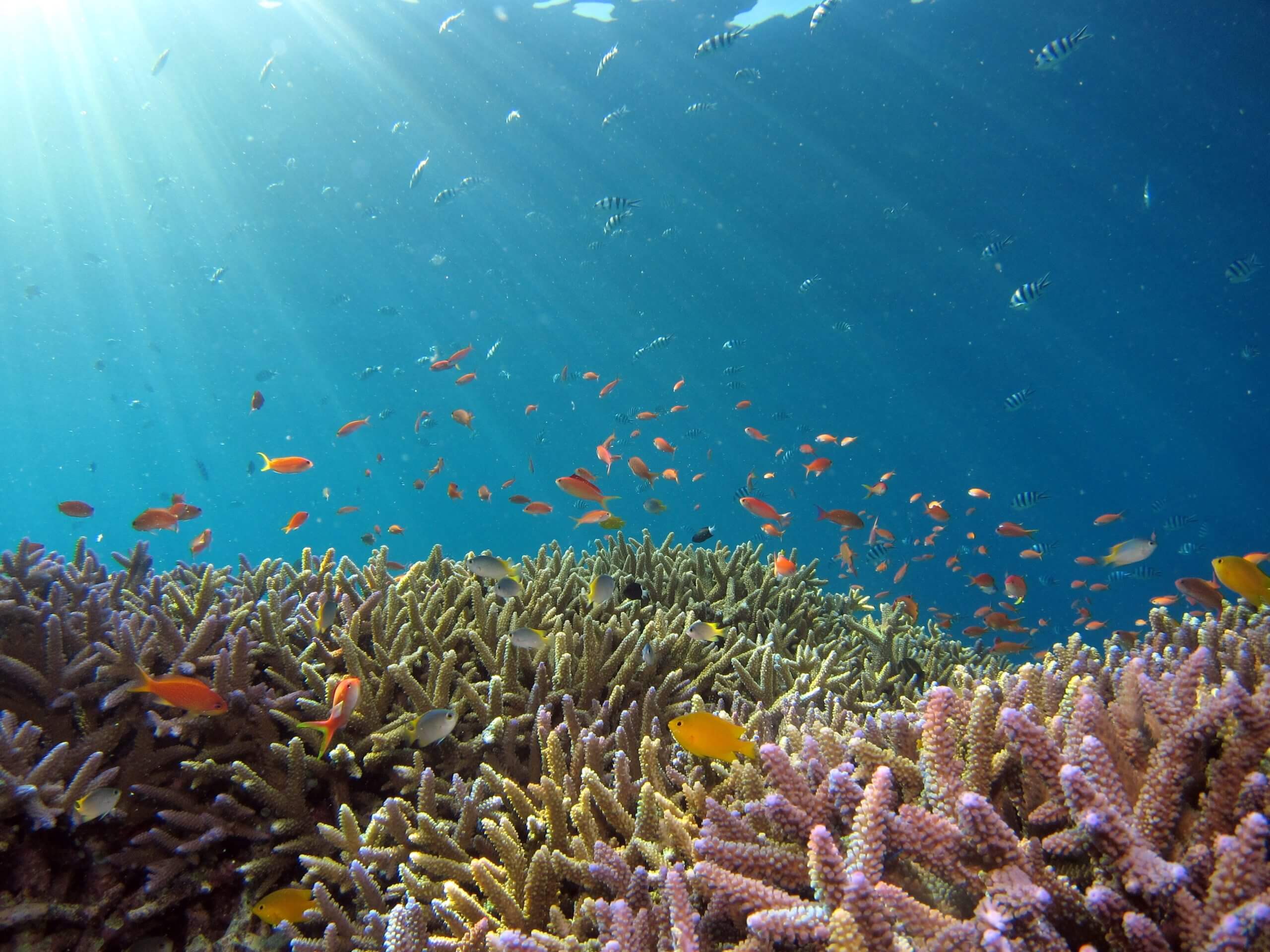DECEMBER 2, 2021
How to Handle Remains in Washington State – Part II

There are various ways to plan for the handling of your remains after death, as we discussed in Part I of “How to Handle Remains in Washington State.” What option you choose will likely turn on some combination of your values and how much it will cost to carry out your wishes.
States vary as to what they allow and do not allow when it comes to disposing of a body. While you may be aware of some of Washington’s rules, you may be surprised at others. You may also discover options you did not know existed. If you live in Washington or plan on being buried in the state, here are a few issues to consider when planning how your loved ones should handle your remains once you die.
Available Options for Disposing of Remains in Washington State
The options available for disposing of your remainsin Washington State differ according to numerous factors, including how much they cost, whether or not they are environmentally friendly and to what degree, what permissions you need, and how soon after death the option must take place. Our estate plannings attorney can help you work through these issues.
Traditional Burial
Traditional burials may only be in a cemetery. As to what qualifies as a cemetery, Washington State dictates the criteria by statute. According to state law, for land to be a cemetery, it must be licensed as one. In addition, embalming or refrigeration of the body is a requirement. If the body is refrigerated, there must be less than 20 hours between refrigeration and burial.
Washington State does not permit burial on private property. There is an exception, and that is for fetuses under 20 weeks. Washington State does not consider the remains of fetuses to be “human remains” under state law. Therefore, burial can take place on private property for this limited exception.
Traditional burials, which often include formaldehyde embalming and long-lasting caskets (those made from treated woods and metals designed not to decompose), have their downside. They are expensive from the get-go and require upkeep such as landscaping which can be an annual expense or come as a one-time fee for perpetual care, adding to the cost. The financial price of a traditional burial is also high; it costs a lot to maintain a cemetery over the long term. Then there is the cost of the headstone.
As for the environment, traditional burials leave their mark. With caskets often placed into concrete vaults in the ground with a capped lid, and the use of fertilizer and pesticides, traditional burials pollute and impact the environment, not to mention take up space. Traditional burials also deposit a significant amount of wood, metals, chemicals, concrete, and formaldehyde into the earth. Fortunately, if you are interested, there are greener options.
Traditional “Green” Burial
All the attention to the environment has given rise to green burial, which is growing in popularity. A green burial is similar to a traditional burial, except without the use of embalming chemicals. Instead, mortuaries use refrigeration or dry ice to preserve the body until buried.
Refrigeration and dry ice are much less expensive ways to prepare a body for burial than formaldehyde. These methods are also better for the environment.
In addition, green burial grounds typically use natural markers such as rocks to designate gravesites, which allows those who choose this option to save on the cost of a headstone, which can become costly depending on the size and detail involved. Green cemeteries also tend to look more like forests than manicured parks, limiting the need for a lot of landscaping, which can become costly.
With either traditional burial or its green equivalent, location is paramount. People generally choose traditional burial because, with many options, they can usually find a convenient place where family and friends will be able to visit easily. For instance, they may want to choose a location near a particular area, like their former home or their parents’ final resting place.
Because some locations are more desirable than others, it can drive up the price. That is why it is best to do your research in the present, review your options, and then purchase what you want. It will also take pressure off grieving relatives who already have a lot to deal with in your absence.
Cremation
Cremation is environmentally friendly but not green per se. Though cremation reduces the burden on land and doesn’t involve toxic materials as traditional burials do, the process emits pollutants into the environment.
People find cremation attractive because it is convenient for families to store ashes or scatter them at a time and day they choose. However, there are limitations as to where you can scatter ashes. For example, in Washington State, it is only legal to scatter ashes on private land with the owner’s permission. It is also necessary to have a permit to scatter ashes on public land.
Popular locations for scattering ashes include national parks, state trust lands, Puget Sound and other navigable waters, and the Pacific Ocean, so long as the individuals doing the scattering have obtained permission. When scattering ashes in the Pacific Ocean, it is necessary to have an EPA general permit and report a sea burial.
For those wishing to place ashes into a body of water in a container, the container should be biodegradable. A final note about scattering ashes is that ashes can seep into the water table, so it is necessary to check with the proper authorities before doing so.
Hydro Cremation (Alkaline hydrolysis)
Hydro cremation, also known as alkaline hydrolysis, is a new option that has become legal in Washington State. At least one company currently provides this service in Washington.
The process uses water, potassium, sodium hydroxide, heat, and pressure, the same organic chemicals present in our stomachs naturally when we digest. So, in essence, hydro cremation is the same as natural ground burial, except the process is accelerated. The result is the production of a granular powder.
Hydro cremation is subject to the same restrictions on scattering. More environmentally friendly than traditional burial, it is unclear if it is green because the process requires natural gas to heat the water. The only emission into the environment from this process, however, is water.
Composting
Washington State led the nation when it legalized the composting of human remains. Farmers have used this technique for centuries. Growing in popularity, composting is the process of natural organic reduction. The method combines human remains with wood chips, bacteria, fungi, oxygen, and heat to create compost that, when completed, is no longer classified as human remains. It is also a completely clean soil (free from unnatural chemicals or substances) that can literally be used anywhere and for anything.
Composting is a green option that uses ⅛ the energy of cremation. The process begins by filtering out unnatural elements, such as metals and pharmaceuticals, which might be in the body, and will take about a month to complete. On completion, there will be approximately 55-gallon drums of usable compost, dirt, or soil to show for it.
Because Washington State does not classify compost as human remains, your relatives can lay it anywhere legally. If you want to become a tree, for example, consider having your composted remains used to plant that tree.
In addition, because composting remains produces a significant amount of compost, you can donate to areas that need soil. Many facilities have programs where the family can donate all or a part of the compost to reforestation projects to aid in the rebuilding of our forest lands.
Less expensive than a traditional burial, composting does come with time constraints that traditional burial does not; your loved ones will need to contact the facility handling the composting within 24 hours following your death. Therefore, to take advantage of this option, it is best to plan for it in advance and prepay, so all your loved ones have to do is place a call. Otherwise, they may miss the window for bringing your body to the facility.
Organ Donation and Anatomical Gifting
Another way to handle human remains is to donate your organs or body upon death. People are legally permitted in Washington to do this for the following four purposes:
- Transplantation: Organs, such as a kidney or corneas, are given to those needing them.
- Therapy: Some therapies use cells to treat certain conditions. Liver cells, for example, can be used to treat cirrhosis in someone with liver disease.
- Medical research: Researchers study body parts, including diseased body parts, to find new treatments.
- Education: You can donate your body for educational purposes, for instance, to a medical school to train future medical providers.
A DDR will allow you to pick and choose which options you want. Or you can state in your DDR that you forbid your heirs from donating your organs and body against your wishes. In addition, you can record your opposition to autopsy in a DDR.
For example, some religions prohibit autopsy from being performed. However, there is no law to protect this right. But if you note it in a DDR, which you can complete along with your estate plan, it is more than likely the person you name to make decisions on your behalf will honor your wishes.
Less conventional options
If none of the above more conventional methods of handling your remains appeal to you, there are some less conventional options you may want to investigate. They are:
- Egg-shaped pods: Made in Italy, you can use these pods to become a tree. In Washington State, your relatives can take your remains from cremation or composting, place the material in the pod with seeds, and watch your remains turn into new life. But if burying cremated remains, they must have the permission of the landowner or a permit.
- Burial at sea: As stated above, your relatives must follow EPA regulations.
- Viking burial: These are not legal in the U.S. as of now. There are currently two locations in Colorado that burn remains outdoors in an open-air cremation. One may be opening in Maine as well.
- Ferry system funeral: If you are looking to scatter your ashes in a Washington State body of water, the ferry system offers services to facilitate the scattering of ashes.
- Coral reef restoration: These services allow your remains to become part of a coral reef. Once they lay you to rest, your loved ones will receive coordinates for your permanent marine marker.
- Turning yourself into an artificial diamond.
Conclusion
Deciding where you will go when you die, literally not spiritually, requires thought and planning. It entails broaching some unpleasant topics and making some difficult decisions.
That said, putting your plans into action will give you andyour family peace of mind. In the wise words of Dwight D. Eisenhower, “Plans are useless, but planning is indispensable.” And why you should call our Seattle estate planning attorneys today.
Stay up to date
Subscribe to our newsletters
Subscribe to one or more of our newsletters, delivering meaningful insight on topics that matter to you and your family.





